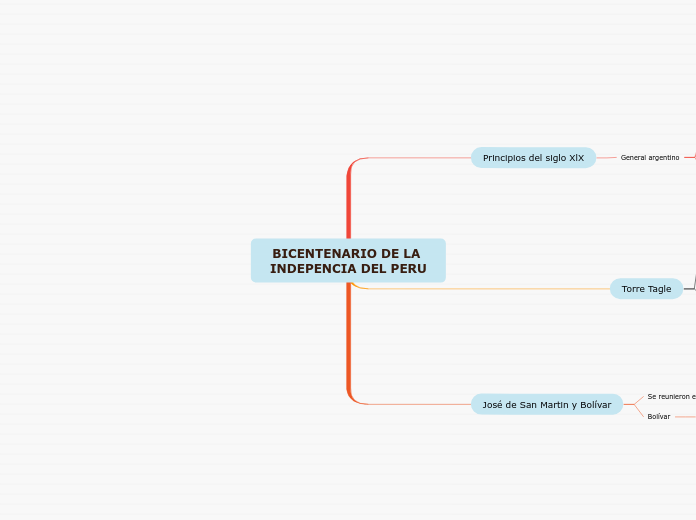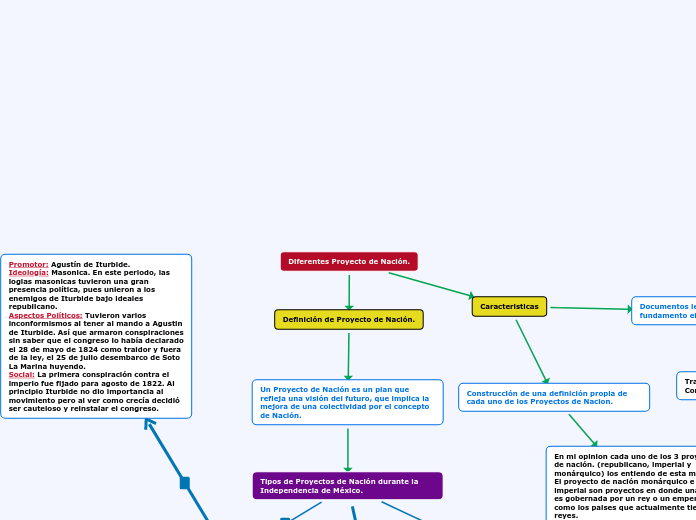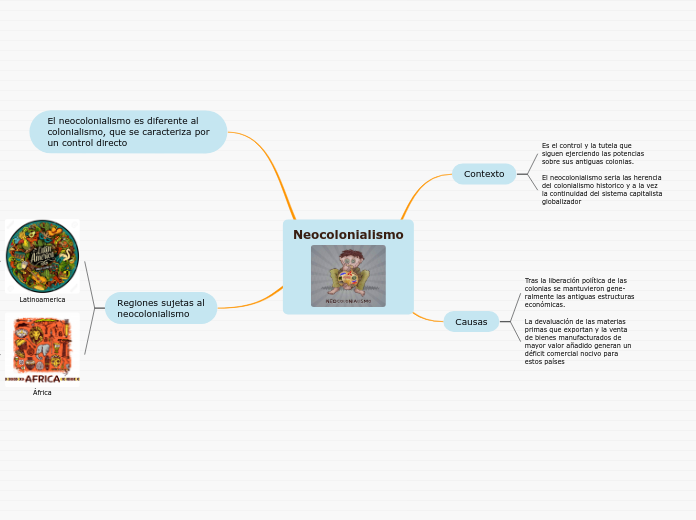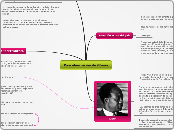BICENTENARIO DE LA INDEPENCIA DEL PERU
To name your story, you have to think about the overall message and what you want your audience to understand from the story. Also, make it relevant and easy to remember.
José de San Martin y Bolívar
The middle of the story is where you add layers of complications that will lead to the end. Reveal more about the character's journey. Did their personality go through changes? How did they overcome the challenges? And as you build up the story’s central conflict, make it more personal to that character. Also, from the middle act, you have to lead into the final act.
Bolívar
There wouldn't be any tension and excitement in your story if there weren't any obstacles in your character's way.
Declaro a Trujillo Capital del Perú
A story is nothing more than a character overcoming a series of difficulties to reach the desired goal. Obstacles usually create suspense and conflict. In overcoming obstacles, there is growth: weak becomes strong; hatred turns into love; sadness into happiness; wrong into right; lies into truth; or evil becomes good.
See a few examples below:
- stopping a meteor
- finding a killer
- finding love
Se reunieron en Guayaquil
Your character(s) need(s) motivation in order to solve the challenge(s).
Julio de 1822
Why does your character need to confront this challenge? What does he/she expect to accomplish by solving it?
See a few examples:
- will marry in 3 days
- can fix the mistakes of the past
San Martin deja en manos de Bolívar la gesta libertadora
Torre Tagle
Each story has a main character and that character usually needs to solve a problem or challenge. The character's challenge is the one that creates tension throughout the story.
Unieron a la causa libertadora
Type in any other challenges which other characters in the story need to face.
Mainas
Jaen
Huamachuco
Chachapoyas
Cajamarca
Lambayeque
Piura
Tumbes
Proclamo la Independencia de Trujillo
In most stories, there are 3 challenges. The number 3 is a mystical number symbolizing completeness. Try to come up with interesting challenges with which your character needs to struggle.
See a few examples below:
- turns into a werewolf at night
- is sent back in time
29/12/1820
Principios del siglo XlX
In the beginning of the story (or the exposition), you will need to introduce the setting and characters. You might also want to introduce the main conflict. This part of the story is important because it gives the reader necessary background information and maybe even a first insight into a character’s personality.
General argentino
The setting (time & place) of a story can change throughout the plot.
Llego al pacifico
The weather is an important element in your story because it can highly influence the ambiance and the mood of the characters.
No conto con apoyo de Lima
Anuncio la libertad de los negros esclavos
Decide if you want to include an element of nature in your story. For example, a rainbow can be a very nice choice for a happy ending. The mist in a story can represent mystery and secrets. A thunder can appear in the background at the moment when the 'bad guy' of the story makes its appearance, etc.
Desembarca en Paracas
Does your story include catastrophic weather? See a few suggestions below or add your own:
- hurricane, earthquake, storm, etc
Derrota a los ejercios realistas
The time of the story can also change. It can describe the event of a single day or can include an entire year's plot. Anyway, don't forget to mention it.
Independencia de chile
Partio desde Mendoza, Argentina
Your story can take place wherever your imagination will take you to.
For example: in an elevator, in an enchanted forest, etc. Don't forget to give details of the environment each time the setting changes, otherwise, the story can be confusing. Also, mention the seasons as each of them has unique weather and events.
Enero de 1817










